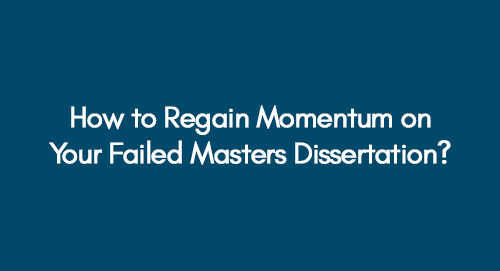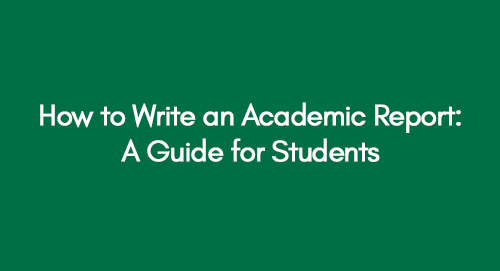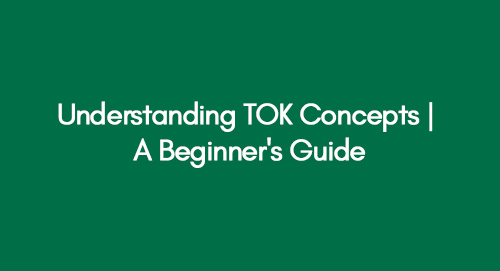
How to Regain Momentum on Your Failed Masters Dissertation?
January 4, 2023
Primary and Secondary Data Research | A Potential Guide on Research Data Difference and Usage
January 19, 2023A Guide for Students is created to help you ace your academic. In this detailed encounter, we will cover the fundamentals of academic report writing and uncover effective tips to score high in academic reports.
Learn More about the Academic Report
An academic report stands as a formal document showcasing research outcomes with clarity and brevity. While such reports may be perceived as monotonous, there are strategies available to enhance reader engagement and vitality within your document.
Structure of an Academic Report
The report's sections vary depending on the type and the audience for whom it is intended. However, the conventional structure of an academic report is discussed here. These sections are:
1. Title Page
The title page includes the main title of the report, the author's name, and the date the report was completed.
2. Abstract
The abstract is a summary of the contents of the report. It should be no more than one paragraph long and should be concise and to the point.
3. Table of Contents
The content table provides an overview of the sections in the report. It should be organized using headings and subheadings to make it easy to navigate.
4. Introduction
The Introduction of the report provides background information on the topic. It should also include the purpose or objectives of the research and any hypotheses tested in Introduction.
5. Methods
The Methodology section should describe how the research was conducted. A Methodology includes information on what data was collected and how it was collected.
6. Results
The results Section presents the findings of the research in an objective manner. Any data or statistical analysis should be included in the results Section.
7. Discussion
The Discussion section is where the interpretation of the results occurs. This is where you discuss what these results mean concerning your hypotheses and any broader implications.
8. Conclusion
The Conclusion briefly summarizes the main points from each section of the report. It should also include suggestions for future research on the topic.
9. References
The references list provides total citations for all sources used in the report.
10. Appendices
Appendices include any additional material that is not essential to understanding the report's contents but may be helpful for further context or background information (e.g., raw data, surveys, etc.)
Organizing Your Information
After understanding the common sections in an academic report, let's delve into organizing information within each section. Consider these tips:
- Utilize headings and subheadings for clearer, reader-friendly content. Headings should be concise, outlining different topics. Subheadings can further break down these topics.
- Maintain formal language. Avoid contractions (e.g., don't) and first-person pronouns (e.g., I, me, we). Prefer third-person pronouns (e.g., he/she/it/they). If first-person pronouns are necessary, use them sparingly to maintain a formal and unbiased tone.
Practical Tips for Academic Report Planning
Prior to writing, allocate time for report planning. Clarify your message and its presentation. Formulate a main point outline with supporting evidence. This approach maintains writing focus, ensuring a coherent and organized report.
1. Start With a Strong Introduction
The introduction establishes your report's foundation with a topic overview and main points. Include a thesis or hypothesis to give readers a preview of what's to come.
2. Support Your Claims With Evidence.
As mentioned earlier, academic reports depend on research findings. So, it's vital to back all claims with evidence from your investigation, including data from surveys, experiments, or sources like books and articles. Properly citing your sources helps readers find more information easily.
3. Use Active Voice.
One way to engage your reader is to use active voice throughout your report. The passive voice sounds dull and can make your writing hard to follow. For example, compare these two sentences:
- The data was analyzed by the researcher.
- The researcher analyzed the data.
See how the second sentence sounds more dynamic? That’s the effect you want to aim for in your academic report.
4. Make Sure Your Ideas Flow Smoothly.
To maintain reader engagement, ensure smooth flow between paragraphs. Use transitions like "in addition," "moreover," and topic sentences to introduce main ideas. Clear idea connections enhance reader involvement in your argument.
5. Use Strong Verbs
Boost report appeal with strong verbs. They convey confidence and vitality, vital for dull subjects. For instance, switch "data suggest" to "data indicate" for added impact. Apply this to your report's verb choices.
6. Cite Your Sources
Whenever using external information, cite sources in the right style (Harvard, MLA, APA, etc.). It showcases academic integrity and your credible, well-researched approach.
7. Edit and Proofread
After writing, edit and proofread your report. This ensures error-free, readable content. If feasible, have others review it too; fresh eyes often catch mistakes.
Conclusion
By following these tips, you can write an academic report that is clear, concise, and easy for your reader to follow—an essential factor in keeping them engaged with your work from start to finish. So, don't be afraid to upgrade your language and make sure your ideas flow smoothly; doing so will result in a more compelling academic report overall.
You may Contact Premier Dissertation to get help with your academic report and get good grade.
Get 3+ Free Dissertation Topics within 24 hours?













